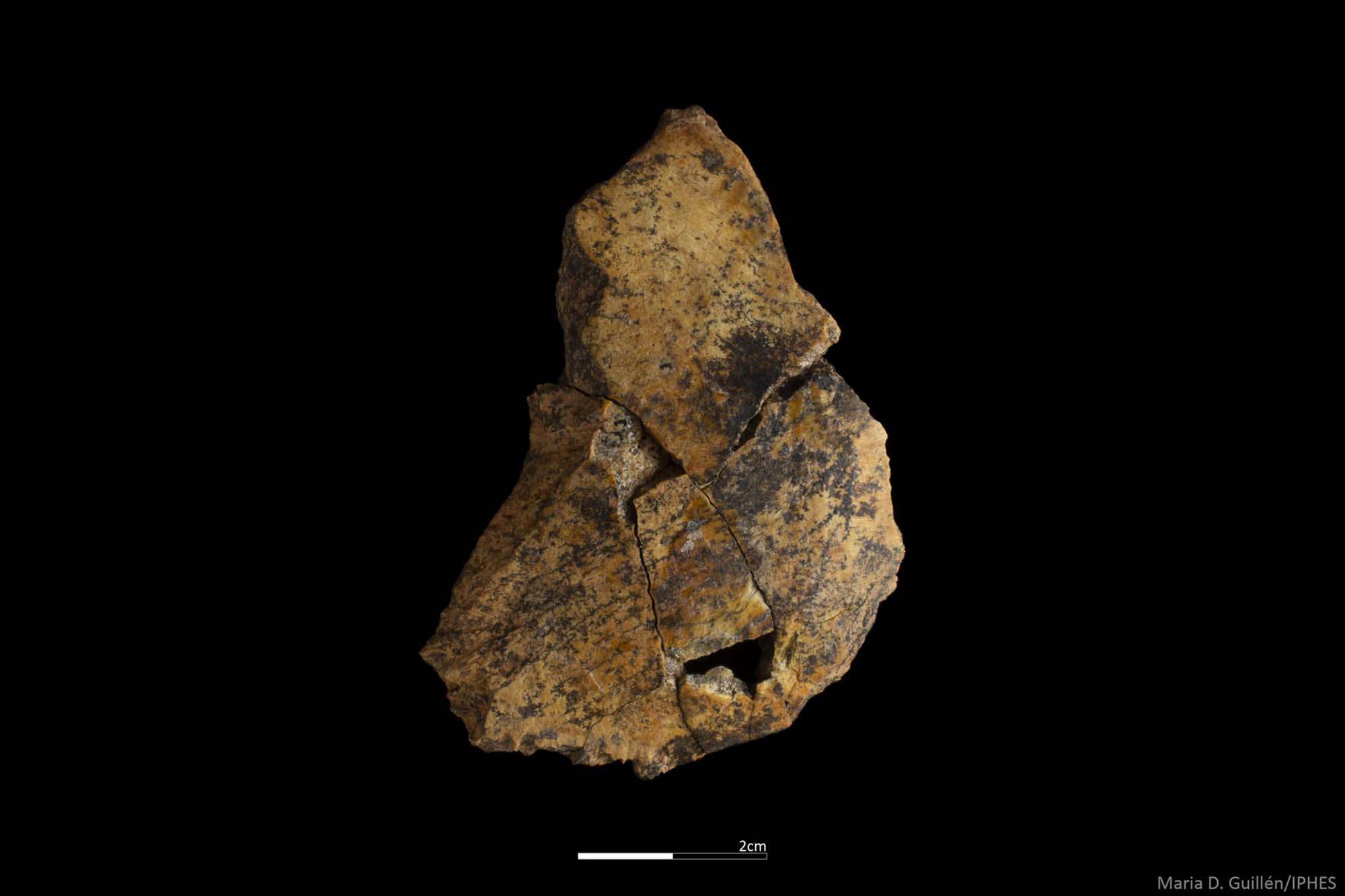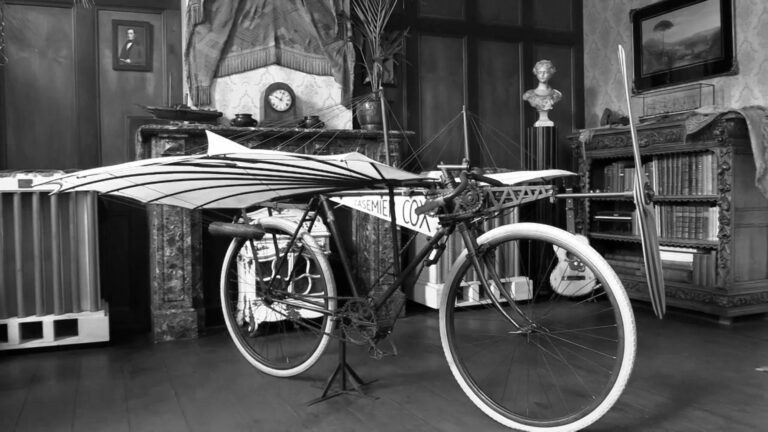Archaeologists in Spain have unearthed the fossilised skeletons of humans’ 850,000-year-old cannibal ancestors in a historic discovery.
The Homo Antecessor remains, the first to be dug up in 20 years, were uncovered in the Gran Dolina area of the famous Atapuerca archaeological dig site in the province of Burgos in the north of Spain, which is a World Heritage Site.
The site also yielded butchered human remains in the past, along with marks indicating cannibalistic practices, leading scientists to speculate the Homo Antecessor might have been prone to cannibalism.
The experts are planning to remove them and about 300 other remains from the site in the next five to six years, according to local media.
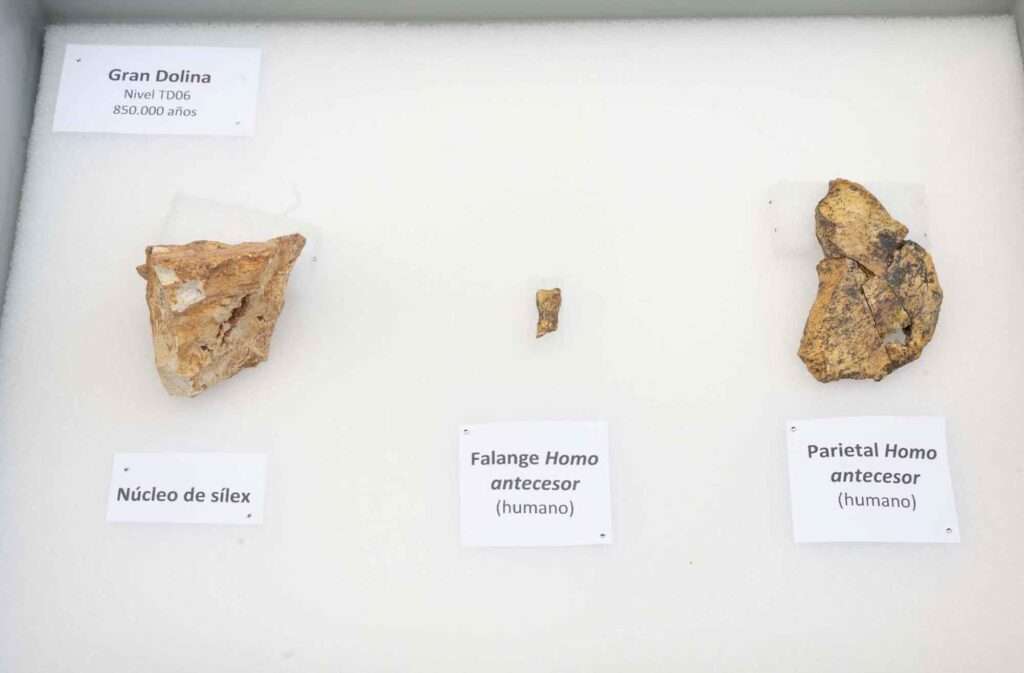
There is reportedly still a lot of digging ahead, with only a toe and part of an ancient human skull uncovered so far, but the experts said that they expect to find much more at the site, which is known for its remains spanning various eras.
They said that these initial discoveries of the toe, a phalanx, and the partial ancient human skull, part of a parietal bone, were but a prelude of a “trove of human fossils” expected to be uncovered in the next few years.
At the site, experts have also uncovered pre-Neanderthal hominids from 400,000 years ago in the past, as well as the remains of horses dating back 7,000 years.
Newsflash obtained a statement from the Fundacion Atapuerca and from the Catalan Institute of Human Palaeoecology and Social Evolution (IPHES) on 21st July saying the find offered a “very promising future” for the Atapuerca site.
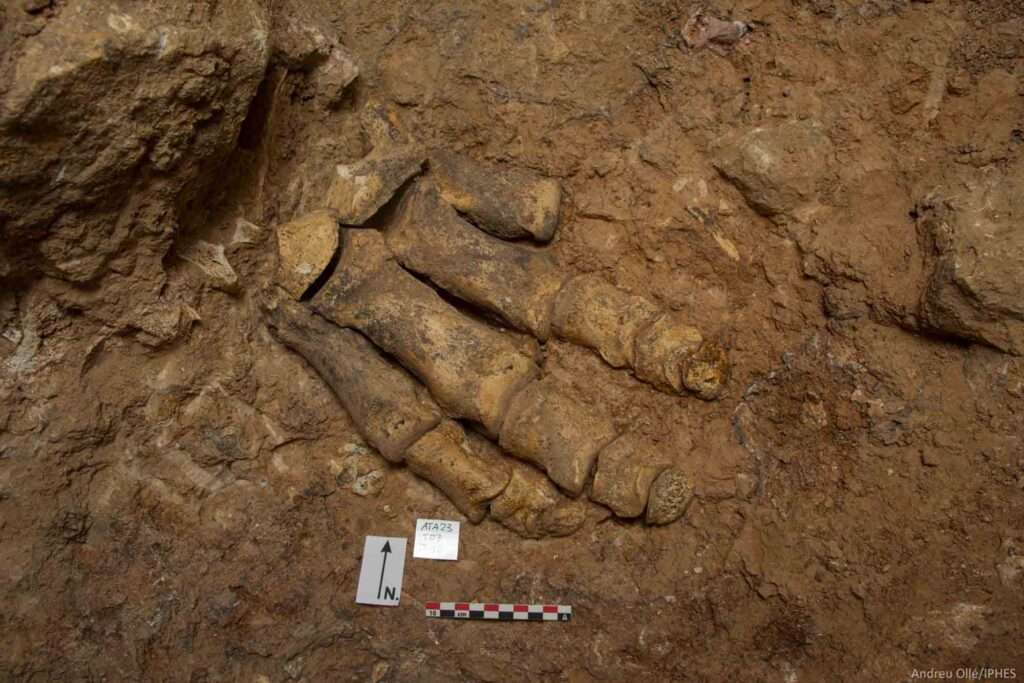
The statement also said that the excavation of the toe and the partial skull had begun on 17th June and concluded on 21st July and involved “the participation of more than 300 researchers from all over the world” and about 80 staff from the IPHES-CERCA.
The co-directors of the excavation, Eudald Carbonell, Jose Maria Bermudez de Castro and Juan Luis Arsuaga said in the statement that “this 45th excavation campaign has been one of the most important in the history of the project.”
The statement added: “Undoubtedly, the star discovery of this year has been the new human remains of Homo Antecessor recovered in unit TD6 of the Gran Dolina, approximately 850,000 years old.”
The experts explained that more than 30 years after the excavation of a small survey where the remains of the ancient human species were first found, thousands of fragments from different eras had since been discovered.
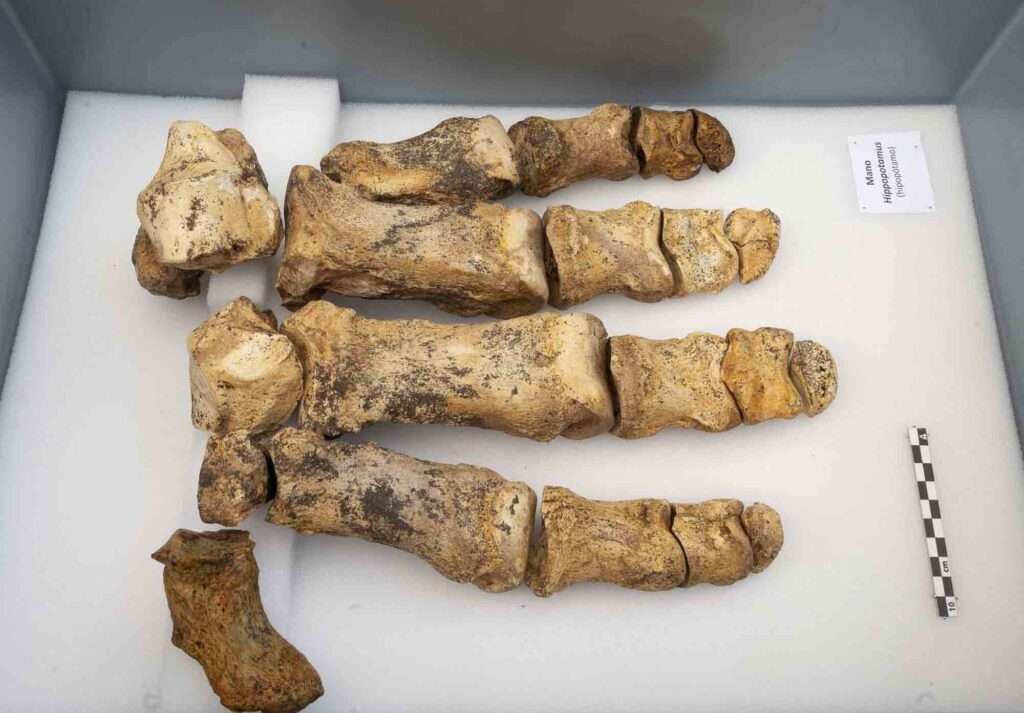
The experts expect 2024 to be the “beginning of a new phase of exceptional campaigns for one of the jewels of Atapuerca and world archaeology and palaeoanthropology”.
The statement also said: “In the middle section of the Gran Dolina site, the base of unit TD8 has been excavated, of which there were still areas with a high density of fossils, with the characteristic diversity of species (several deer, rhinoceroses, bears, lions and sabre-toothed tigers).
“Next, unit TD7, dating back 800,000 years, has been excavated. In it, a less dense concentration of fossils has appeared, with excellent conservation, and among which a complete rhinoceros jaw and a hippopotamus carpus (bones of the command) stand out, with all their elements in anatomical connection.
“At this level, evidence of human presence is practically non-existent, although a small quartz flake has appeared, in addition to another similar one found in 1994.”
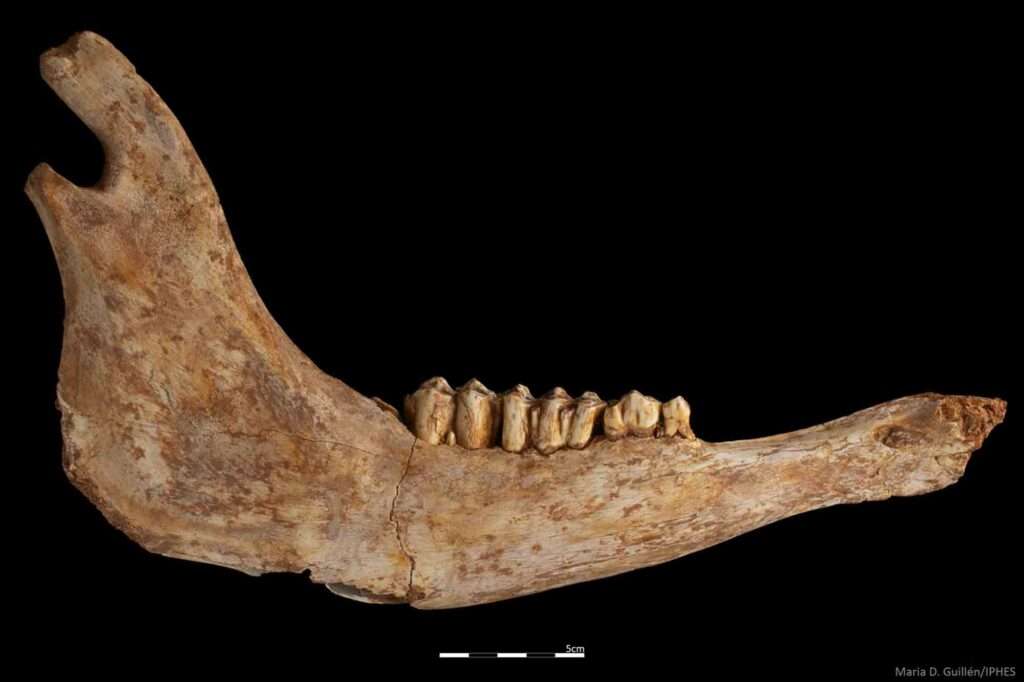
The Ananova page is created by and dedicated to professional, independent freelance journalists. It is a place for us to showcase our work. When our news is sold to our media partners, we will include the link here.

